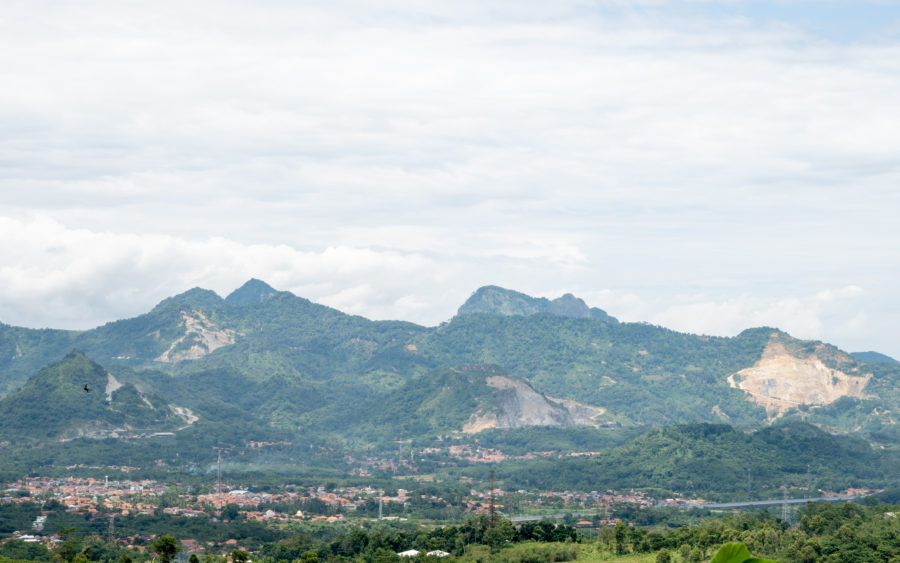Rio Tinto defends executive bonus structure

By Zandi Shabalala
LONDON, April 11 (Reuters) – Rio Tinto defended its executive salary policy on Wednesday after proxy adviser Glass Lewis urged shareholders to vote against it and criticised the firm for paying out bonuses in 2017, a year when two employees died at work.
Glass Lewis said any payout in a year when employees had died – one in Australia and one in the United States – was “considered a serious breach of moral and ethical code by many investors”.
Most of Rio’s peers such as BHP, Newcrest Mining and Fortescue Metals Group generally pay no bonuses in years when there were employee deaths, it noted.
Glass Lewis also recommended shareholders vote against the re-election of a board member over a possible civil fraud case brought by the U.S. Securities and Exchange Commission (SEC).
Rio did cut the payout component of its 2017 executive bonus relating to safety over the deaths and proposed a new measure from 2018 onwards that would place more emphasis on rewarding zero fatalities.
Most of Rio’s peers such as BHP, Newcrest Mining and Fortescue Metals Group generally pay no bonuses in years when there were employee deaths
“Should there be a single fatality anywhere in the group there will be zero payment in relation to this component of the plan,” Rio chairman Simon Thompson told shareholders at a meeting in London.
The shareholder adviser said the new safety payout policy was laudable but was not tough enough as it only comprised 8 percent of the total bonus paid to executives.
Rio’s remuneration policy comes up for vote every three years.
Rio paid out a record dividend in 2017 and announced a $1 billion share buy-back as commodity prices rebounded.
Glass Lewis also recommended board member Ann Godbehere not be re-nominated to remain on the board because she was the chair of the audit committee during a failed coal project in Mozambique.
The SEC said Rio waited too long to write down the coal assets, enabling the big Anglo-Australian mining company to raise about $5.5 billion from U.S. investors.
Godbehere gave no comment at the shareholder meeting. Speaking on behalf of the company Thompson said, “we strenuously deny these allegations and we will vigorously defend ourselves in court.”
Activists and some shareholders attending the meeting urged Rio to resign from its affiliation to lobby groups that supported the use of fossil fuels.
Rio said its “membership of industry associations is an opportunity for us to better understand a diverse range of external views, share best practice and contribute our perspectives and experience.”
(Editing by Alexandra Hudson)
More News
{{ commodity.name }}
{{ post.title }}
{{ post.date }}




Comments